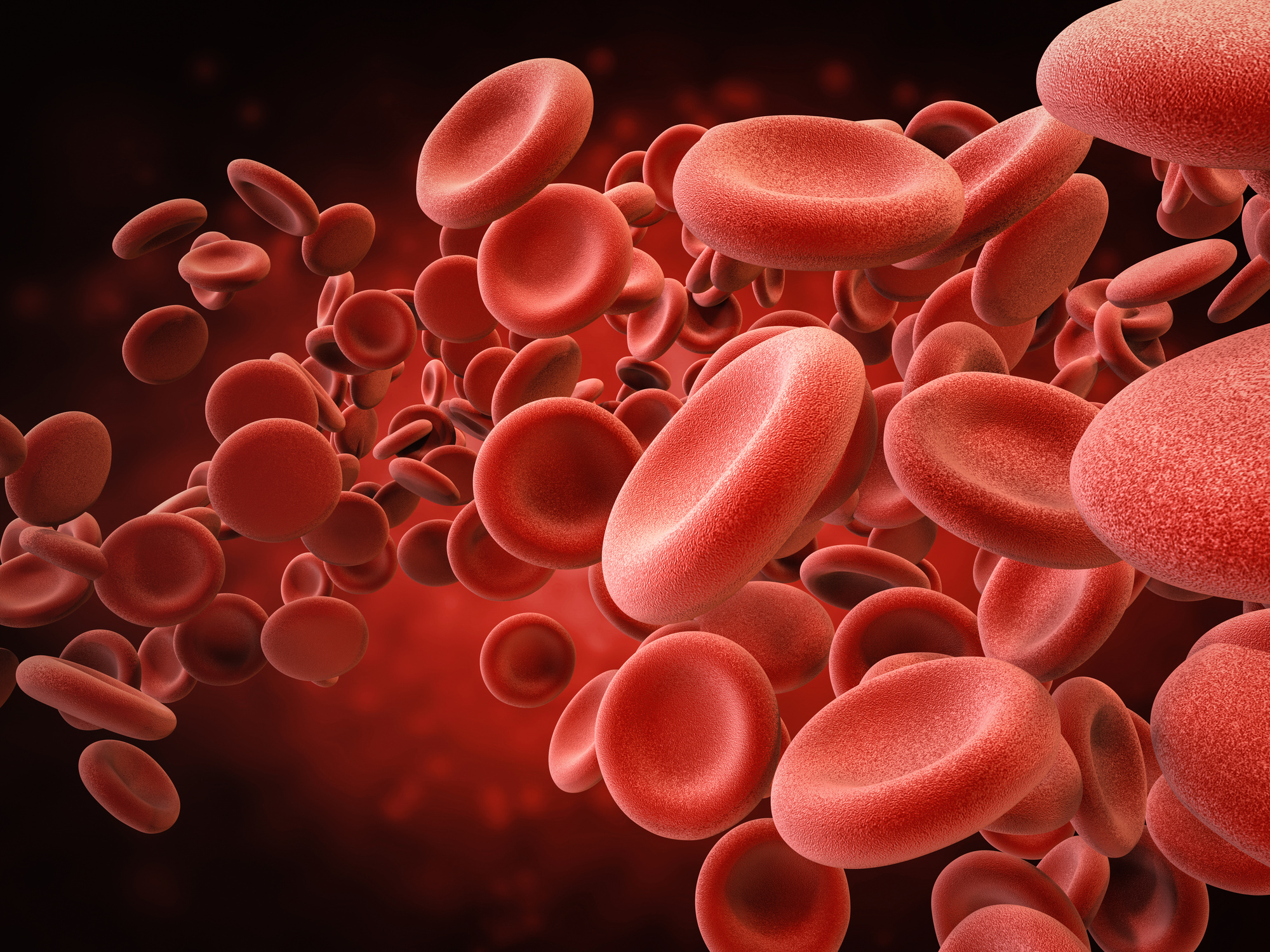

Why is B12 Important?
- Vitamin B12 (cobalamin) is necessary for hematopoiesis (production of red blood cells in the bone marrow), energy production, metabolism of folate, synthesis of DNA and normal neuronal functions and so is vital for optimum health.
- Out of all of the thirteen vitamins that our bodies need to stay healthy, B12 must go through the most complex metabolic process in order to be absorbed.
- It is also water soluble and so needs to be replenished every day.
- If any part of the B12 absorption pathway breaks down, your B12 levels can plummet and cause deficiency.

Who is Most At Risk?
Groups most at risk for B12 deficiency include:
- Vegetarians, vegans and people following a macrobiotic diet
- People aged 60+
- Gastric and/or intestinal surgery (including gastric bypass) patients
- Regular users of medicines such as proton-pump inhibitors, H2 blockers, antacids, metformin or other diabetes drugs
- People who undergo surgeries or dental procedures involving nitrous oxide or who use this drug recreationally
- People with a history of eating disorders or alcoholism
- People with a family history of pernicious anaemia
- People diagnosed with anaemia (including iron deficiency, sickle cell anaemia and thalassemia)
- People with Crohn’s disease, coeliac disease, IBS or any other disease which causes malabsorption
- People with autoimmune disorders especially thyroid, type I diabetes, vitiligo, lupus, Addison’s disease, ulcerative colitis, infertility acquired agammaglobulinemia or a family history of those disorders
- Women with a history of multiple miscarriages or infertility
- Infants born to and/or breast fed by women who are symptomatic or are at risk of B12 deficiency


About B12 Deficiency

Vitamin B12 deficiency causes symptoms such as:
- Paresthesias
- Dementia
- Mental illness
- Difficulty ambulating
- Frequent falls
It can be misdiagnosed as Alzheimer’s disease, depression, diabetic neuropathy, vertigo, mini-strokes, multiple sclerosis, chronic fatigue syndrome, post partum depression/psychosis, infertility, developmental disabilities or autistic-like symptoms in children.
Deficiency increases the risk of developing a deadly disease, including strokes, heart attacks and cancer.

About B12 Deficiency
Vitamin B12 Absorption Pathway
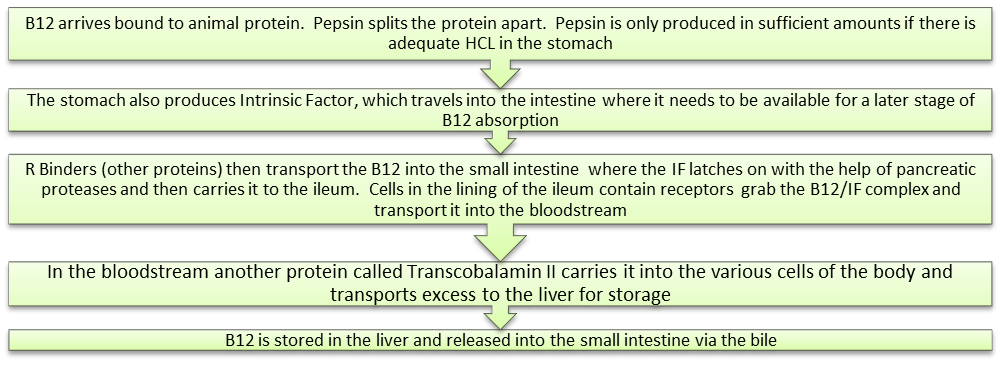
HCL - Hydrochloric Acid

About B12 Deficiency
Why would Vitamin B12 deficiency occur?
Vitamin B12 is only found in its bioavailable form in animal products and so vegetarians, vegans and people following a macrobiotic diet should supplement.
Otherwise, the majority of B12 deficient people ingest enough through their diet but their bodies cannot absorb it. Conditions which cause malabsorption include pernicious anaemia, Crohns’ disease, coeliac disease and Helicobacter pylori.
Conditions caused by B12 deficiency
Megaloblastic anaemia (abnormally large blood cells) and neurological abnormalities (nerve degeneration – nerve demyelination).
Note that supplementation with folic acid will alleviate the anaemia however other symptoms of deficiency will progress!


Signs & Symptoms

When B12 deficiency attacks the body it can take the form of any combination of the following symptoms (Note that these symptoms can also relate to other conditions, such as multiple sclerosis, parkinson’s disease, dementia and other neurological disorders, so the important point is to rule out B12 deficiency).
Neurological
- Pain, tingling, numbness
- Diminished sense of touch, pain, temperature
- Loss of position sense
- Weakness of muscles
- Clumsiness (stiff or awkward movements)
- Tremor
- Symptoms mimicking multiple sclerosis or parkinson’s disease
- Spasticity of muscles
- Incontinence
- Paralysis
- Vision changes
damage to the optic nerve
Mental Changes
- Irritability
- Apathy
- Sleepiness
- Suspiciousness/paranoia
- Personality changes
- Depression (incl Postpartum)
- Memory loss
- Dementia, intellectual deterioration, fuzzy thinking
- Hallucinations
- Violent behaviour
- Children – developmental delay and or autistic behaviour


Signs & Symptoms
Vascular
Other
- Transient ischemic attacks (TIA or mini stroke)
- Cerebral vascular accident (CVA or stroke)
- Coronary artery disease
- Myocardial infarction (heart attack)
- Congestive heart failure
- Palpitations
- Orthostatic hypotension (low blood pressure when standing leading to fainting or falls)
- Deep vein thrombosis (blood clot in leg or arm)
- Pulmonary embolism (blood clot in lung)
- Shortness of breath
- Generalized weakness
- Chronic fatigue or weakness
- Loss of appetite, weight loss or anorexia
- Epigastric pain (poor digestion, full or bloated feeling after eating small or normal sized meals)
- Diarrhoea or constipation
- Osteoporosis
- Increased number of infections
- Failure to thrive in newborns and infants
- Tinnitus
- Vitiligo (white patches of skin) or hyperpigmentation of the skin
- Prematurely grey hair
- Recurrent miscarriages in women and both male and female fertility issues
- Male erectile dysfunction and bladder issues
- Smooth beefy red tongue
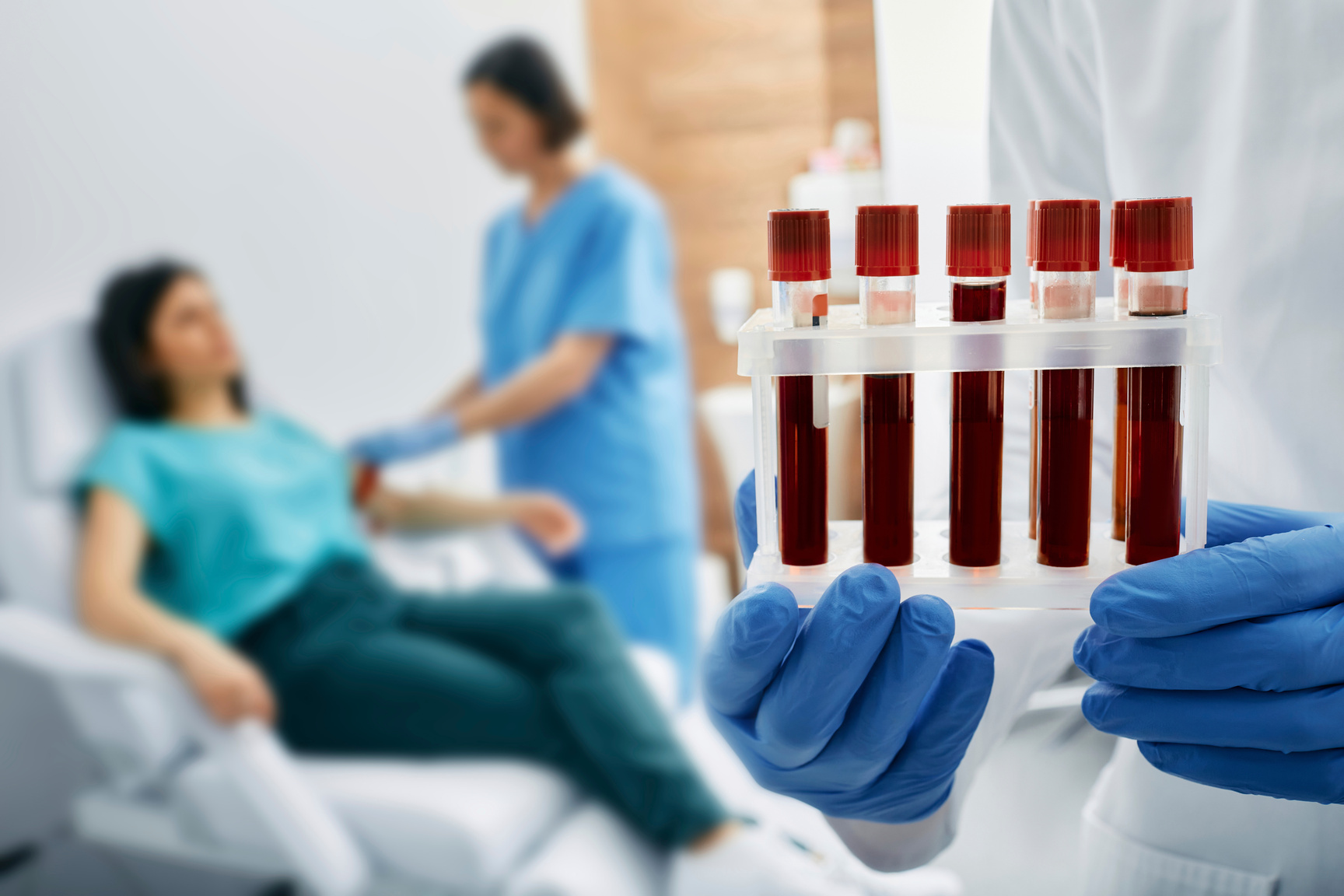

Testing
Testing for Vitamin B12 Deficiency
According to studies, the current B12 serum blood test acceptable lower levels are too low, and so people may remain undiagnosed and symptoms may progress, until they are have caused irreversible neurological damage.
Ideally a medical diagnosis would be obtained as to why the deficiency is present in order to treat the root cause.
Improving B12 Testing will improve health outcomes for patients AND reduce the burden on the health system
So, what tests will help to rule out B12 as a true root cause of a patient's symptoms?...

Testing
Serum Vitamin B12 Test
This test measures the level of B12 in your blood serum. However, there are queries over what constitutes a "normal" range so it can be used in conjunction with other tests.
The result should be at least 450 pg/mL. However, deficiencies begin to appear in the cerebral spinal fluid below 550pg/mL so Pacholok and Stuart (see resources) believe that it actually should be at least 550pg/mL.
For brain and nervous system health and prevention of disease in older adults serum B12 levels should be maintained near or above 1000pg/mL.
Note that currently, according to the Mayo Clinic Medical Laboratories, the ranges are as follows:
Serum Vitamin B12 level <150ng/L = Deficiency
Serum Vitamin B12 level 150-300 ng/L = Borderline
Borderline should require further functional tests
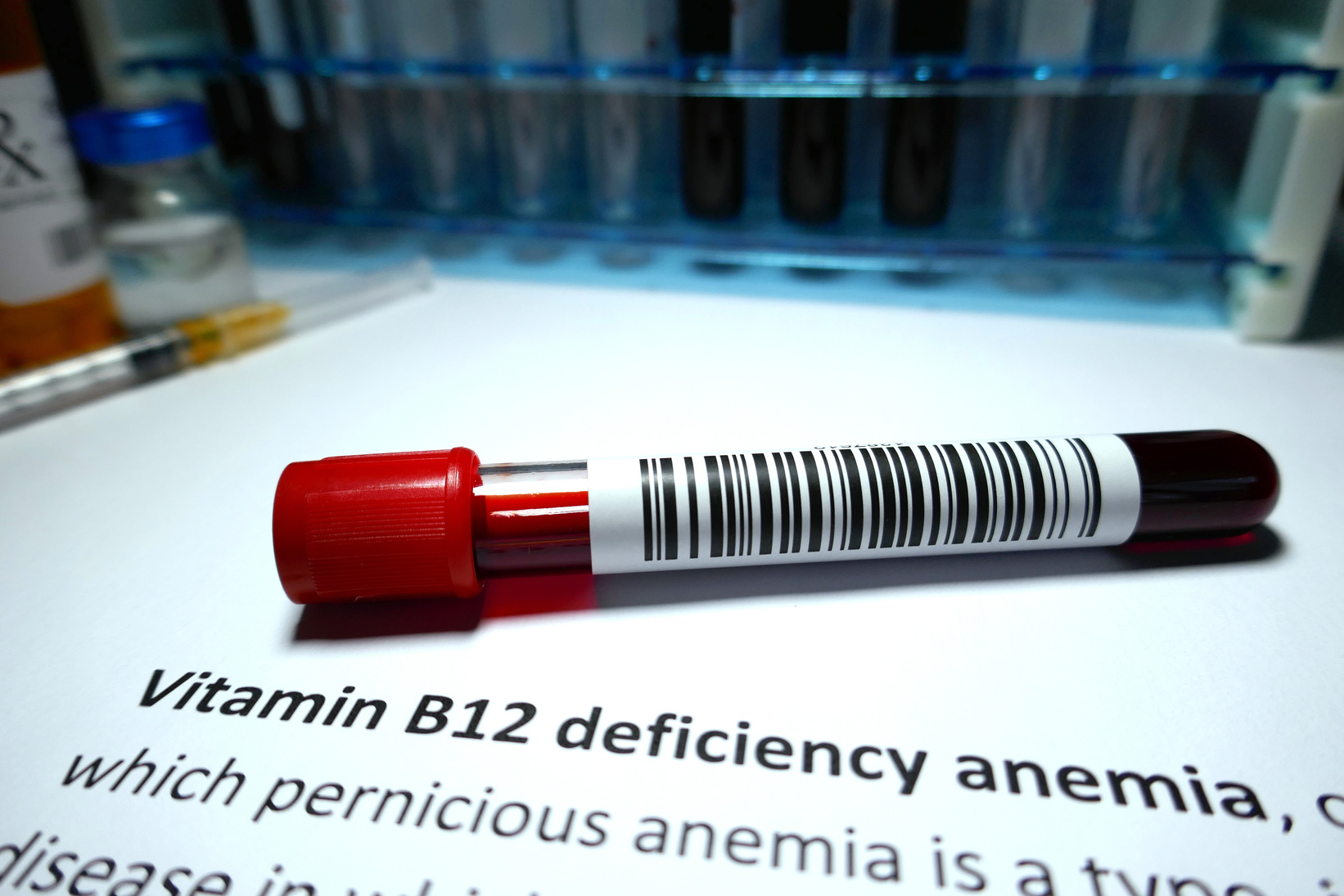


Testing
Methylmalonic Acid (MMA) Test
This test measures the amount of MMA in the blood or urine.
It is 40 times more concentrated in the urine and so this is the preferred test.
However, this test would not be necessary if upper level ranges are used when considering the Blood Serum test results.
Urinary MMA Range <3.8mcg MMA/mg creatinine
(3.6 umole/mmole creatinine)
Serum MMA Range .04-0.27 umol/L or 40-270nmol/L
0.07-0.4 umol/L or 70-400nmol/L

Testing
Homocysteine (HCY) Test
This test measures the level of HCY in the plasma.
Elevated levels can indicate B12 or folate deficiency among other conditions.
B12 deficiency causes a breakdown in the crucial metabolic pathway that detoxifies the potentially dangerous amino acid homocysteine.
As it accumulates in the blood it dramatically increases your risk of coronary artery disease, stroke and blood clots.
This test is not necessary to diagnose B12 deficiency but is a valuable adjunct to the serum B12 test (higher HCT – higher risk of CVD). Note that HCY can be normal with B12 less than 200pg/mL or in grey zone.
4.0-12.0 umol/L
Holotranscobalamin (HoloTC) Test
Vitamin B12 in serum is bound to two proteins – transcobalamin and haptocorrin, named HoloTC or “active B12”.
Only around 20% of the total serum is in the active form which our bodies use and the HoloTC test measures this fraction.
Again this test would not be necessary if the lower limit for serum B12 was raised. However, research concludes that both used in combination provide a better screen than either alone.
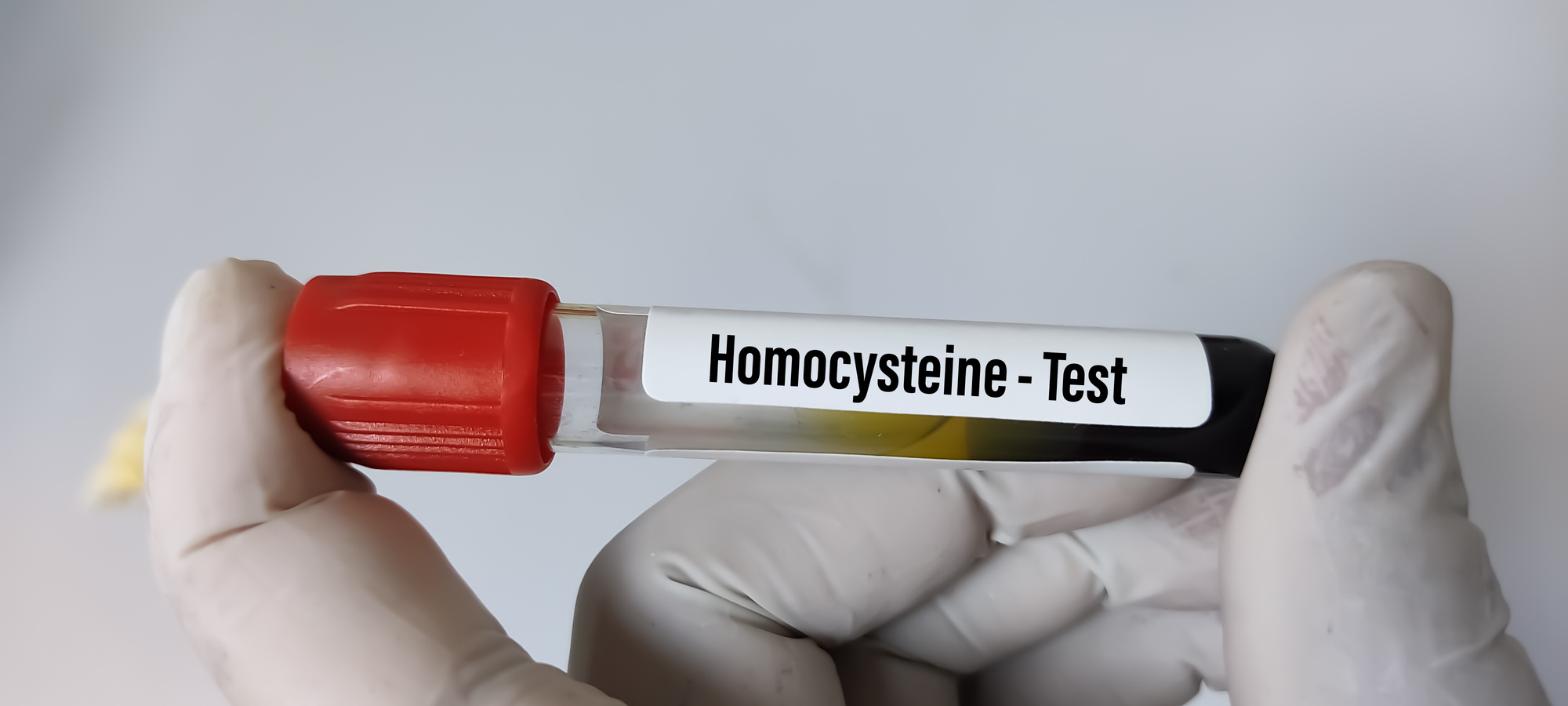

Japan has already increased its lower range!
The medical field in Japan considers a patient to have vitamin B12 deficiency if testing reveals that their levels are below 500 pg/mL to 550 pg/mL....
Some researchers speculate that Japan’s lower rates of dementia and Alzheimer’s disease may be due, in part, to its standards for B12 deficiency.
Diagnosis of B12 deficiency would reduce the instances of symptoms which cause permanent neurological damage, which would in turn:
- Improve patient's outcomes
- Improve patient's quality of life
- Reduce healthcare costs to patients and to government

Links to Resources & Scholarly Articles

National Library of Medicine Article - Above 300pg/ml is normal
Why it is misdiagnosed by B12awareness.com
website www.b12awareness.org

Resources & Scholarly Articles

1. Pacholok SM, Stuart JJ. Could It Be B12? An Epidemic of Misdiagnoses, 2nd Ed. Quill Driver Books—Linden Publishing, 2011, 324 pp. (1st Ed., 2005, 220 pp.)
2. Allen, LH. How common is vitamin B-12 deficiency? Am J Clin Nutr. 2009 Feb;89(2):693S-6S.
3. Dharmarajan, T.S., Norkus, E.P. Approaches to vitamin B12 deficiency: Early treatment may prevent devastating complications. Post-graduate Medicine 2001;110(1): 99-105.
4. Stabler, et al. Vitamin B12 deficiency as a worldwide problem. Annu Rev. Nutr 2004;24:299-326.
5. Vogiatzoglou, A. et al. Vitamin B12 status and rate of brain volume loss in community-dwelling elderly. Neurology 2008;71:826-832
6. Graham SM, et al. Long-term neurologic consequences of nutritional vitamin B12 deficiency in infants. J Pediatr 1992 Nov;121:710-4.
7. Muhammad, R., Fernhoff, P. et al. Neurologic impairment in children associated with maternal dietary deficiency cobalamin—Georgia, 2001 MMWR Weekly, 2003;52(04);61-4.
Interview with Sally Pacholok R.N.
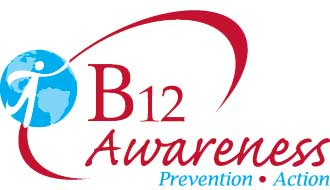

Sally Pacholok R.N. & Jeffrey J. Stuart D.O.
Interview with Sally Pacholok R N - Link to youtube
Get in Touch

website www.lynsharkeynutrition.ie
Cavan, Co Cavan, Ireland
website www.b12awareness.org
Michigan, USA


